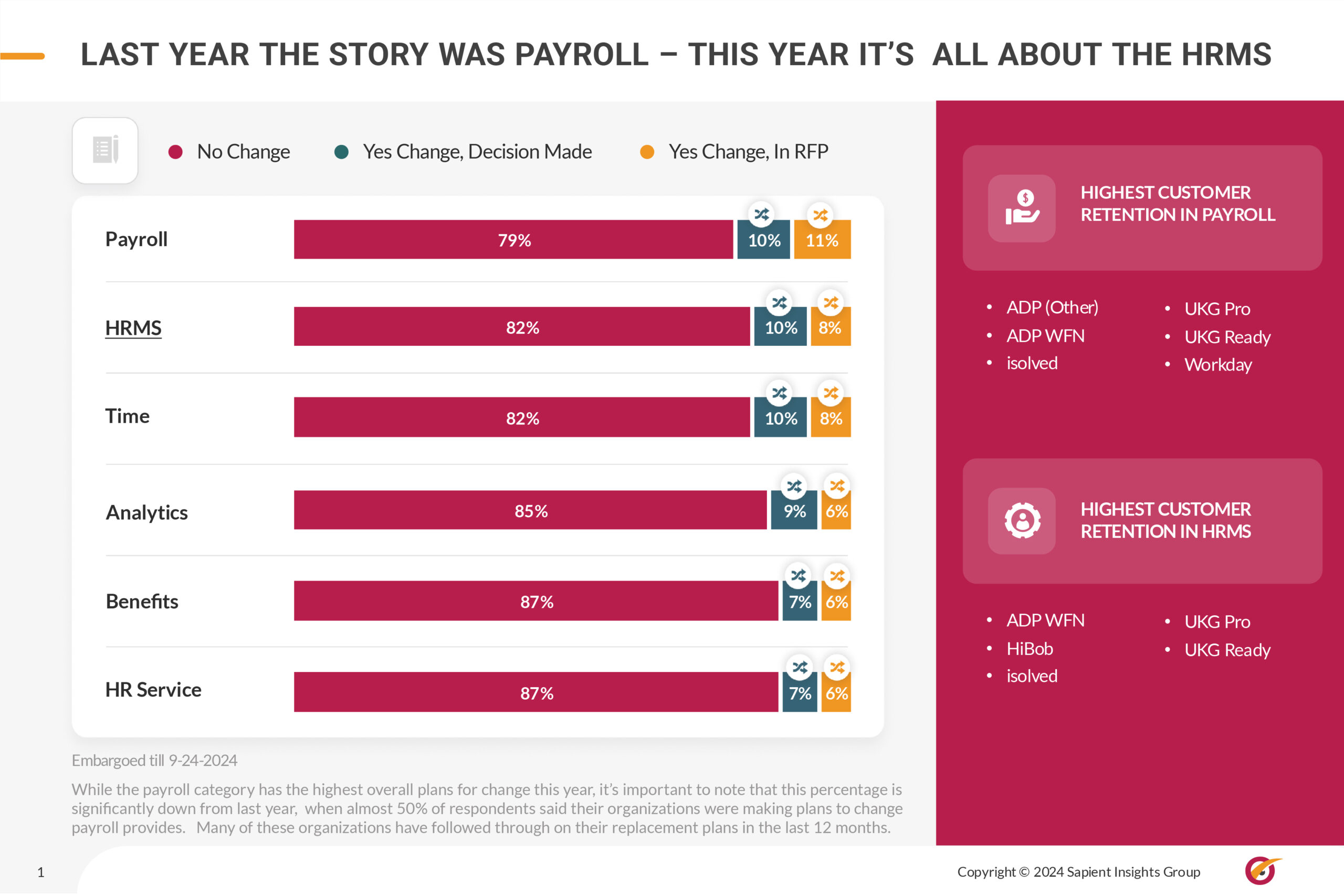HRM Five: Easy ways to keep your employees healthy
- Yamini Chinnuswamy
- Topics: Asia-Pacific, Features, Health and Wellness, HRM Five

While it’s true that health is a very much personal matter, and that employees are adults who ought to know how to take care of themselves, the fact remains: healthy employees are happy employees, and productive employees.
Ultimately, sitting at a desk for more than eight hours a day, in a poorly ventilated office that doesn’t get much sunlight, isn’t exactly the stuff of healthy lifestyle dreams. The everyday stresses of work – meetings, deadlines, handling colleagues, navigating office politics – only add to that.
Beyond decent medical insurance or acquiring corporate gym memberships, here are a few small initiatives HR can undertake:
- Make exercise a group activity
Let’s face it – many of us have a gym membership that’s collecting dust. So why not leverage on a bit of ‘peer pressure’ (or groupthink) to get everyone going? Organise a fun run at the local park, or even a sports competition day where different departments and teams can duke it out through soccer, basketball, or other games.
Even an afternoon of paintball can get the adrenaline going – it’s also a great way to encourage team bonding. If you can bring a volunteering/charity angle into the proceedings, even better.
If you want something simpler, why not consider instituting “walking meetings”? This will help employees get fresh air, and it also keeps meetings short and sweet. Standing meetings work, too.
- Encourage healthier eating
Chocolates, crisps, biscuits – these are the usual snacks we find in vending machines, convenience stores, and even office pantries. But they aren’t exactly brain food. You can’t control what employees go out to buy, or bring from home, but you can make it easier for them to eat better – by stocking healthier snacks in the pantry (e.g. fresh or dried fruits, roasted nuts), or even making sure that these are available at shops or vending machines in the office’s vicinity. A company I used to work at gave everyone a $1 voucher every month for the nearby fruits stall – just enough to get two pieces of fruit. It might not sound like much, but you can bet that every once in a while, instead of making myself feel lethargic with a chocolate bar, I went down to grab a slice of pineapple or a wedge of watermelon.
- Enable relaxation
Stress and fatigue can trigger illness. Stress in life and work is inevitable, but employers can do their part to help employees cope. On top of points 1 & 2 above, why not consider massage therapies?
E-commerce startup Shopee has an in-house masseuse, who works out of a dedicated massage room. Not everyone can afford to have a masseuse on payroll, of course, but if you have a bit of money in your welfare budget, why not consider having a Spa Day?
Bring a masseuse in just for a day or two, and let your employees sign up for short, 10-15 minute shoulder or foot rubs – long enough to get a bit of relaxation in, but short enough for everyone to have a go.
Alternatively, if birthday vouchers or gifts are a thing at your workplace, how about spa voucher?
- Help shed unhealthy habits
Unhealthy habits: we all have a few – slouching at our desk all day, drinking too much coffee, falling asleep at meetings, smoking. The adverse effects of that last are well known, but it’s still a go-to stress reliever for many an office drone. Helping smokers dial down on their habits is better for you in the long run – fewer smoking breaks, for one, but also probably less in health insurance costs. You don’t necessarily have to give non-smokers extra days of leave, but you could subsidise nicotine patches, lozenges, and gum.
- Be flexible
You’ve probably had days where you feel tired and sniffly – it’s not bad enough to justify a sick day, but it’s bad enough that you end up unproductive and miserable at work. The work commute and office ventilation don’t help, either. If you had been able to work from home, you might have been able to rest your body in a comfortable space, while also getting a bit of work done.
It’s safe to say that your employees frequently feel this way. It’s tempting to worry about them slacking off at home, but if you trust your employees, and allow them some flexibility in their work arrangements, it will probably be better for your business in the long run.






